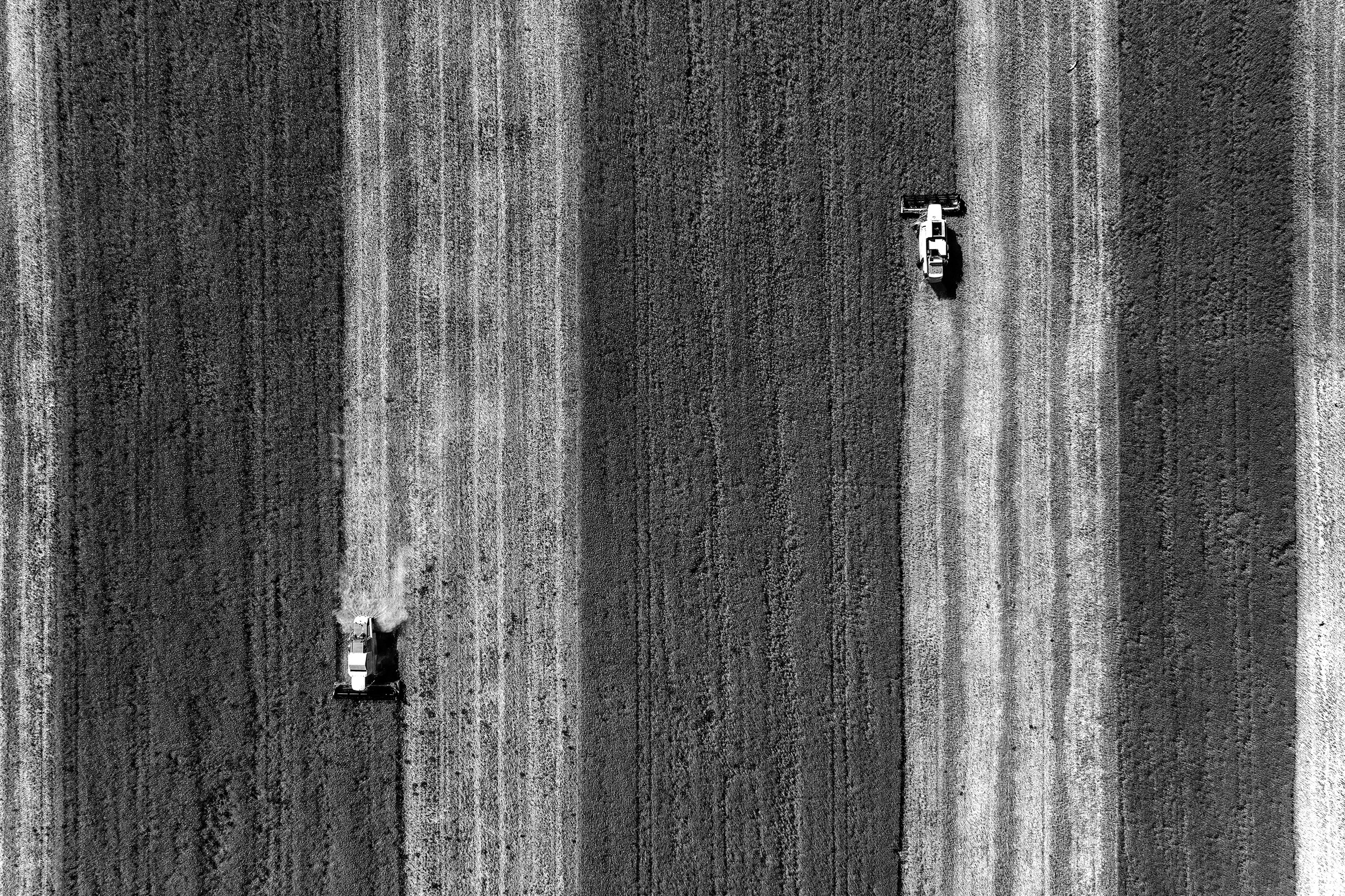
DECENTRALIZED AGRICULTURE
Elevating AgriTech with DeAgriculture
Revolutionizing Agriculture with DePIN: From Smart Farms to Biotech Solutions
MCB's DeAgriculture initiative is revolutionizing the agricultural sector by introducing precision vertical farming and cutting-edge mushroom biotechnology, all underpinned by the decentralized principles of DePIN (Decentralized Physical Infrastructure Network). This innovative approach is not just about adopting new agricultural techniques; it's about fundamentally transforming how we think about and interact with the agricultural ecosystem for a sustainable future.
>> Precision Vertical Farming and DePIN: In the realm of precision vertical farming, DeAgriculture leverages DePIN to create smart, scalable farming solutions that optimize space, conserve resources, and increase crop yields. DePIN's decentralized framework enhances the efficiency and transparency of these farming operations, enabling real-time data tracking and analysis for optimal plant growth conditions. This not only ensures sustainability but also significantly boosts productivity in urban and space-constrained environments
>> Mushroom Biotechnology, a DePIN-Driven Innovation: Mushroom biotechnology within the DeAgriculture initiative showcases the potential of fungi in creating sustainable alternatives for medicine, biofuel, textiles, construction materials, and packaging. By integrating DePIN, we're able to track and verify the sustainability of these biotech processes, ensuring that they meet high environmental standards. The decentralized nature of DePIN facilitates collaboration and innovation within the mushroom biotech field, driving forward projects that have a real impact on sustainability and economic growth.
>> DePIN's implementation across DeAgriculture projects ensures a level of interconnectedness and efficiency previously unattainable. It allows for a seamless exchange of information and resources, making agricultural practices more responsive to environmental changes and market demands.
>> Recognition and Awards on MCB DeAG Initiatives
With over three decades of dedication to agricultural and biotechnological research, MCB's team of experts has achieved significant recognition in the field. Our DeAG Initiatives have been honored with numerous awards in the past years, showcasing our commitment to excellence and innovation. Below, we highlight our recent prestigious awards received in 2022-2023, underscoring our continued leadership and success in sustainable agriculture and biotech advancements.
>> Guidelines for
Sustainable Investments
Dive into the core principles that guide our selection of DeAg projects. DeAgriculture by MCB stands as a testament to the transformative power of decentralized technology and sustainable practices, promising a greener, more productive, and interconnected future for global agriculture
1. Innovation in Agricultural Techniques
>> Projects must showcase groundbreaking methods in precision vertical farming or biotechnology, demonstrating a clear path to enhancing agricultural efficiency and sustainability.
2. Integration of DePIN for Transparency and Efficiency
>> Initiatives should effectively incorporate DePIN to ensure operations are transparent, data-driven, and efficient, promoting a decentralized and interconnected agricultural network.
3. Sustainability and Environmental Impact
>> Projects are required to prioritize sustainability, employing practices that minimize environmental impact, promote renewable resources, and adhere to high environmental standards, especially in the context of mushroom biotechnology.
4. Scalability and Market Potential
>> Selected projects need to demonstrate scalability and significant market potential, indicating that they can grow and adapt to meet the evolving demands of the agricultural sector.
5. Community and Stakeholder Engagement
>> We look for initiatives that engage a wide range of stakeholders, including farmers, consumers, and researchers, fostering a collaborative ecosystem that benefits all participants.
6. Economic Viability with Social Benefits:
>> Projects should not only be economically viable but also offer social benefits, contributing positively to community development and addressing key challenges in food security and sustainability.
>> Case Study







